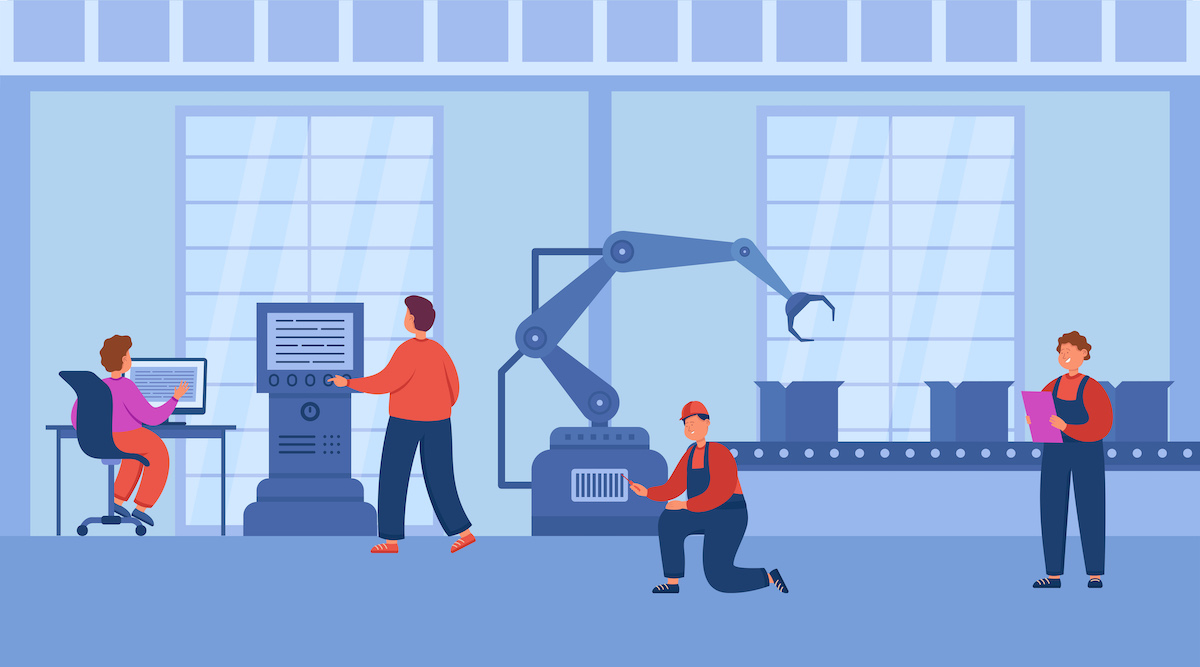The limitations of IIoT
The Internet of Things (IoT) has the potential to revolutionize various industries by enabling the automation and optimization of processes, as well as the collection and analysis of data from connected devices. However, there are several limitations to the implementation of industrial IoT (IIoT) that should be considered.
What are the limitations of IIoT?
1. Security and privacy concerns
As with any connected system, IIoT is vulnerable to cyber attacks that can compromise the security and privacy of the data being collected and transmitted. This can lead to financial losses, reputational damage, and even physical harm if the systems being controlled are critical infrastructure such as power plants or transportation systems. Ensuring the security of IIoT systems requires ongoing investment in cybersecurity measures, such as encryption and authentication protocols.
2. Complexity and integration challenges
IIoT involves the integration of a wide range of technologies, including sensors, actuators, communication networks, and data analytics. This complexity can make implementing and maintaining IIoT systems challenging, especially in large and complex industrial environments.
3. Limited interoperability
IIoT systems often rely on proprietary technologies and protocols, making it difficult for different systems to communicate and exchange data. This can limit the scalability and flexibility of IIoT systems and increase the cost of implementing and maintaining them.
4. Limited skilled workforce
The implementation and maintenance of IIoT systems require specialized skills and knowledge in areas such as sensor technology, data analytics, and cybersecurity. There may be a shortage of skilled workers with these capabilities, which can create challenges for organizations looking to implement IIoT systems.
5. High costs
The initial costs of implementing IIoT systems can be high, especially if they involve the deployment of new sensors, actuators, and communication infrastructure. Additionally, the ongoing maintenance and support of IIoT systems can also be costly, especially if they require specialized skilled labor.
Conclusions on the limitations of IoT
In conclusion, while IIoT has the potential to bring significant benefits to industries, it also faces a number of limitations that need to be carefully considered when implementing and managing these systems. These include security and privacy concerns, complexity and integration challenges, limited interoperability, a limited skilled workforce, and high costs. More about IIoT vs IoT.
This article was written by a language model trained by OpenAI.



